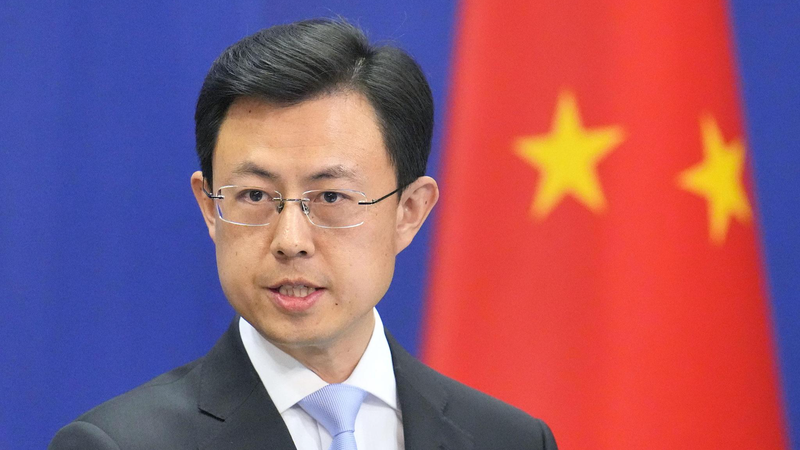Last weekend, Beijing buzzed with excitement as tech and healthcare experts gathered for the 2025 China Medical Development Conference. Young innovators and early professionals got a firsthand look into how AI is reshaping the future of medicine. 🚀
The conference highlighted a bold vision for AI in healthcare. Wang Chen, a top leader in engineering and medical sciences, proposed a phased roadmap: starting with scenario-based pilot projects in the near term, advancing to deeper applications with international collaboration in the medium term, and ultimately creating an AI-driven ecosystem that spans research, clinical care, and healthcare management.
Zheng Hairong from Nanjing University stressed that breakthroughs in biomedical AI depend on standardized data and clear ethical guidelines. He spotlighted areas like medical imaging and brain-computer interfaces, where cross-disciplinary teamwork is key to overcoming technical challenges.
Amplifying these efforts, initiatives like China's "AI Plus" are driving improvements in data sharing, standardization, and precision diagnostics. Speakers at the event emphasized the need to deploy AI safely and responsibly, ensuring robust regulations to maintain public trust. 🛡️
A conference highlight was the release of the "Top Medical Advances in China 2024" by the Chinese Academy of Medical Sciences. The list featured 13 groundbreaking breakthroughs from over 310,000 projects, including an early diagnostic method for Alzheimer’s—capable of detecting the disease up to 18 years before symptoms appear—and a gene therapy breakthrough for hereditary deafness.
This blend of cutting-edge technology and medical innovation is set to inspire a new era of healthcare, proving that when diverse minds come together, the possibilities are endless. 🌟
Reference(s):
AI-powered healthcare takes spotlight at medical conference in China
cgtn.com




